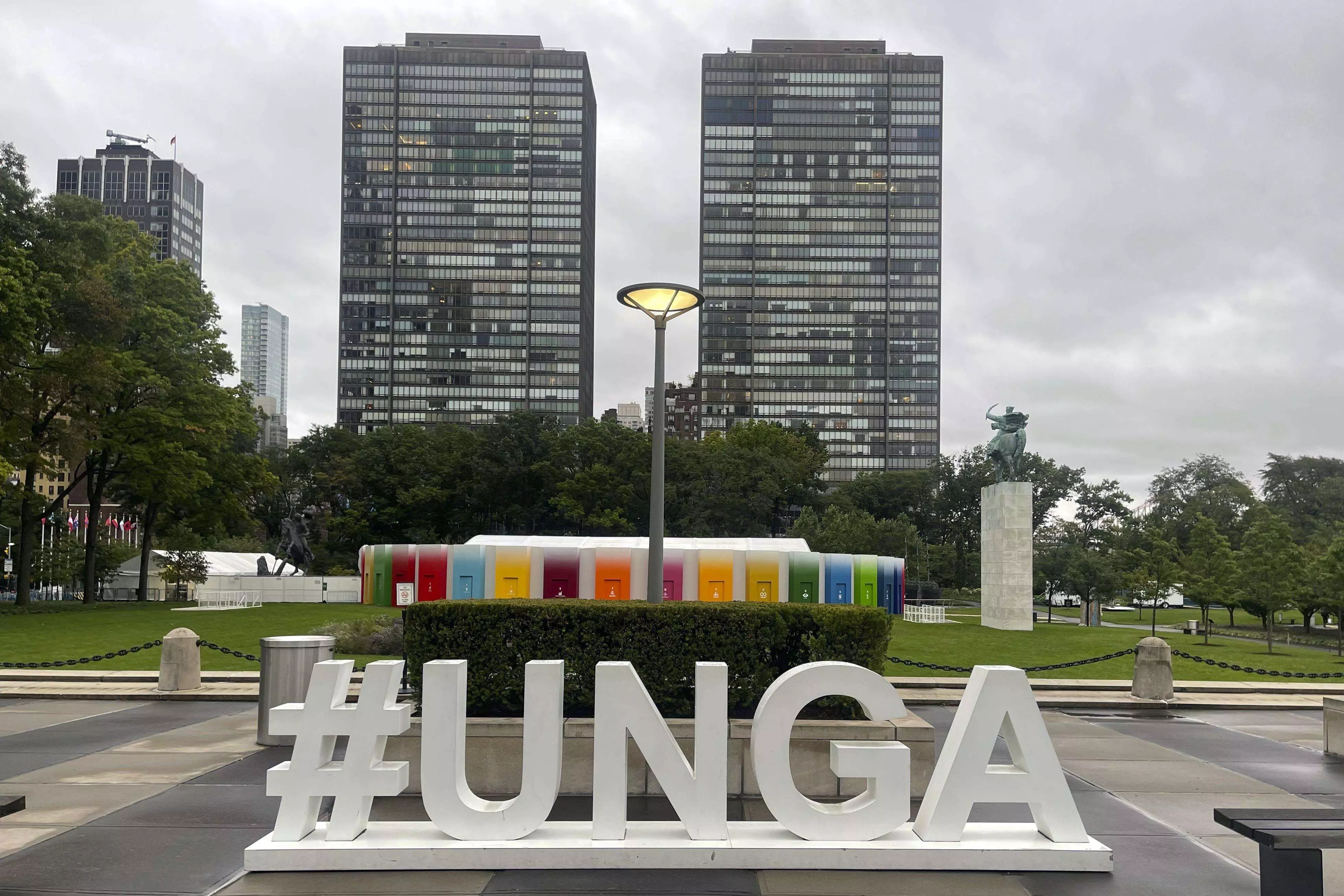UNGA calls for reducing AMR-related deaths by 10%; Indian experts welcome
Health experts view these developments as positive steps towards addressing the global threat of AMR
By Neelambaran A
Representational Image.
Hyderabad: The 79th United Nations General Assembly (UNGA) has approved a political declaration aimed at combating antimicrobial resistance (AMR). The decision, which includes a target to reduce AMR-related human deaths by 10% by 2030, has been welcomed by healthcare professionals and public health experts.
The Infection Control Academy (ICA), Global South Conference on Infection Prevention and Control Antimicrobial Stewardship (G-SPARC), and Pragyaan Sustainable Health Outcomes Foundation (PRASHO) have issued a joint statement lauding the decision.
Important step against AMR
Dr. Ranga Reddy Burri, president of the ICA and Chair of the G-SPARC called the outcome "a significant milestone in our fight against antimicrobial resistance."
R. Govind Hari, Chairman of the Pragyaan Sustainable Health Outcomes Foundation (PRASHO) and Co-chair of G-SPARC echoed this sentiment in a joint press statement issued today.
The G-SPARC is scheduled to be held during October 3-5 in Hyderabad, to discuss the infection prevention and control strategies, and the misuse and overuse of antimicrobials, leading to AMR infections.
UNGA declaration
The UNGA's declaration addresses the pressing issue of AMR, which is currently associated with an estimated 4.95 million human deaths annually. Key points of the declaration include a commitment to reduce AMR-related deaths by 10% by 2030, a call for sustainable national financing, a target of US$100 million in catalytic funding, and an aim to have at least 60% of countries with funded national action plans on AMR by 2030
India's commitment to the cause was reaffirmed at the high-level meeting on AMR at the 79th UNGA, by the Union Minister of State for Health and Family Welfare, Anupriya Patel, citing the country's progress after the launch of the National Action Plan (NAP) in April 2017. More emphasis is given to the need for urgent integration of AMR containment strategies into various health programs.
A step towards countering the global threat
Health experts view these developments as positive steps towards addressing the global threat of AMR. The members of the ICA of India and organizers of G-SPARC have expressed their support for these international efforts to combat AMR.
As the challenges posed by AMR are increasing across the globe, the UN declaration sets a clear roadmap for countries to follow in the coming years.